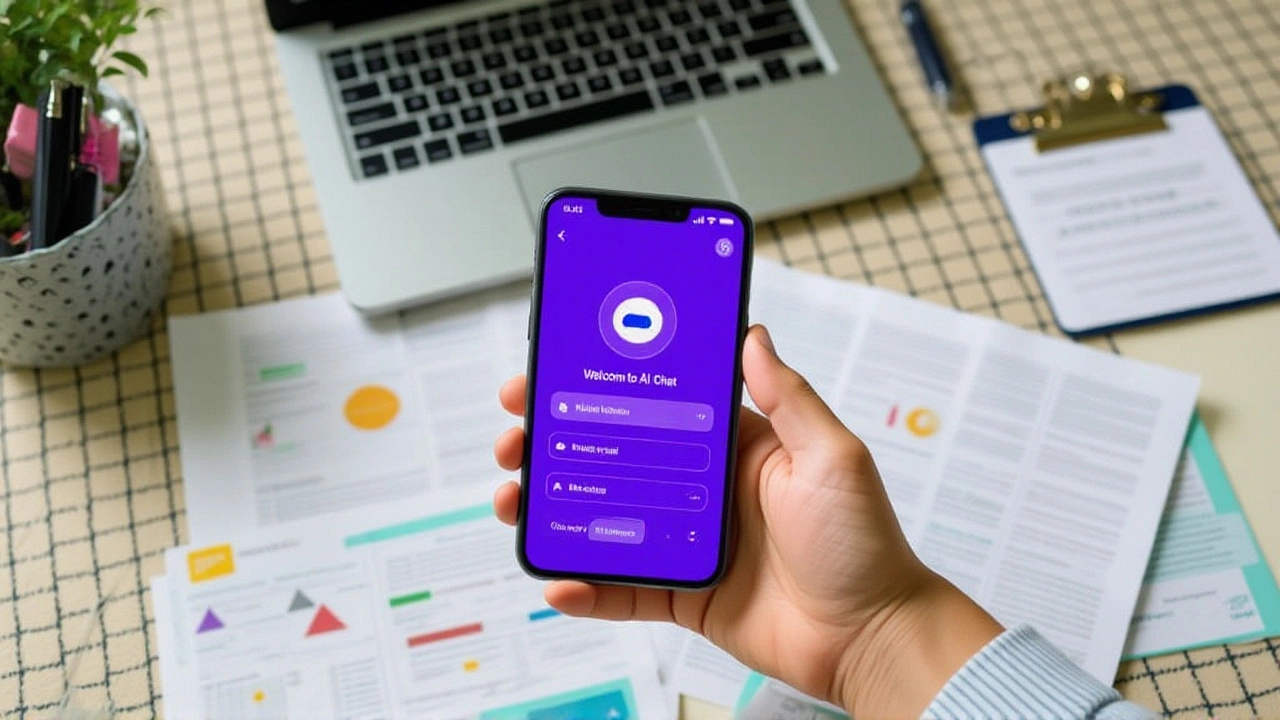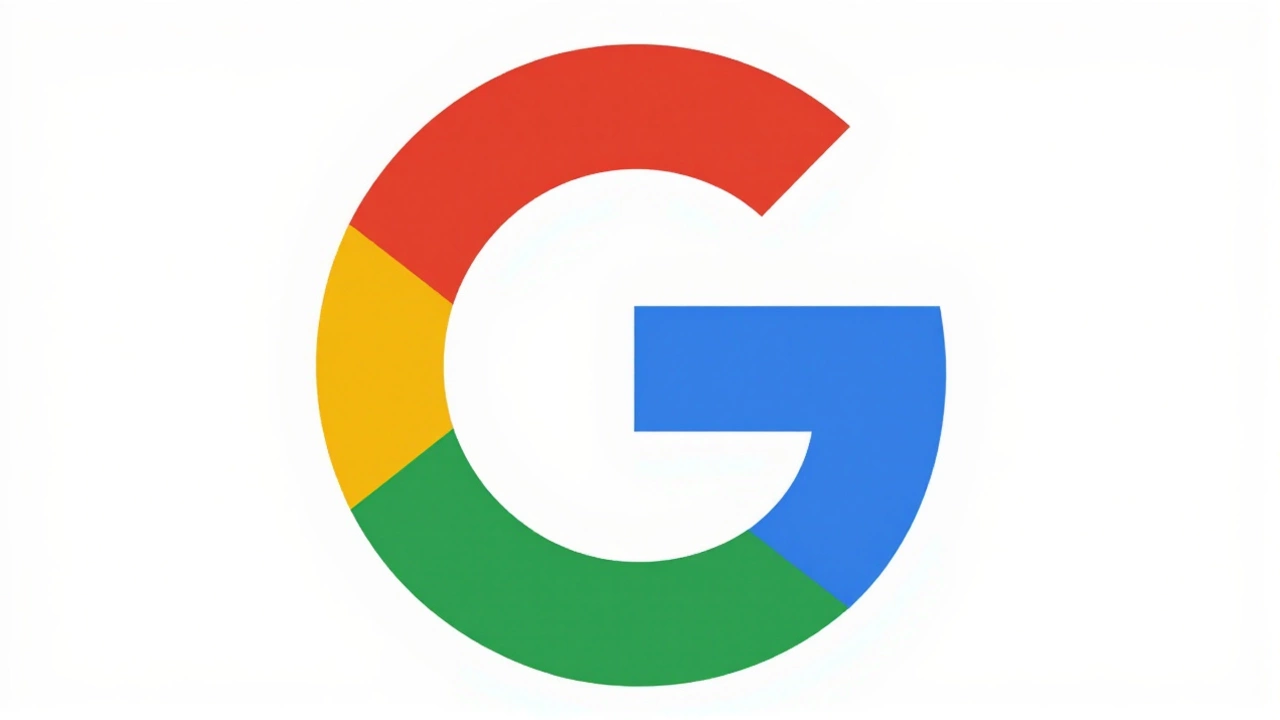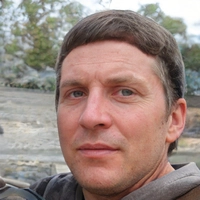On November 17, 2025, Google and the AfCFTA Secretariat unveiled a bold new initiative to reshape Africa’s small business landscape: the AfCFTA Digital Inclusion & Entrepreneurship Programme (ADIEP)Accra, Ghana. The free, continent-wide training program aims to equip exactly 7,500 African small and medium-sized enterprises (SMEs) with practical AI and digital trade skills—no degree required, no fees charged. It’s not just another tech workshop. This is about turning corner shops in Kigali and textile stalls in Lagos into cross-border players in a single, unified African market.
Why This Matters Now
For years, African entrepreneurs have been held back by fragmented markets, unreliable logistics, and a lack of digital fluency—even as smartphones and mobile payments surge across the continent. The AfCFTA Secretariat, launched in 2021, promised a single market of 1.3 billion people. But without skills, that promise stayed theoretical. Enter Google’s Hustle Academy, which has already trained over 18,000 SMEs since 2022. Now, with the ADIEP, the focus shifts from individual growth to continental integration.
The Three Pillars of the Program
Training isn’t theoretical. It’s hands-on, in four languages—English, French, Arabic, and Portuguese—and structured around three real-world modules. First: Cross-Border Digital Trade, co-designed with the AfCFTA Secretariat to teach entrepreneurs how to navigate tariffs, customs forms, and regional payment gateways. Second: Cloud for Small Businesses, where participants learn to use Google Workspace and Google Cloud to cut paper costs, automate invoicing, and collaborate across borders without expensive IT teams. Third: AI for Productivity, powered by Google Gemini, showing business owners how to generate marketing copy, analyze customer feedback from WhatsApp, and even predict inventory needs using free AI tools.
"Entrepreneurs across Africa are already driving change," said Gori Yahaya, CEO of UpSkill Universe, the Nairobi-based firm managing program delivery. "But they’re racing against tech that’s changing faster than their bank accounts can keep up. This isn’t about learning to code. It’s about learning to compete."
Who Gets In—and Who’s Left Behind
Eligibility is tight but fair: SMEs must have been operating for at least six months and be based in one of 19 AfCFTA member states: Nigeria, Kenya, South Africa, Ghana, Cameroon, Senegal, Togo, Côte d'Ivoire, Rwanda, Mauritius, Ethiopia, Tanzania, Namibia, Zambia, Angola, Mozambique, Egypt, Tunisia, and Morocco. That’s not random. These are markets with existing digital infrastructure, mobile money penetration, and active SME ecosystems. But it also means rural entrepreneurs in Malawi or Burkina Faso are currently excluded—raising questions about equity.
"We’re starting where the ecosystem is strongest," said Charles Murito, Google’s Regional Director for Government Affairs in Sub-Saharan Africa. "But this is phase one. If we see traction, we’ll expand. The goal isn’t just to train 7,500. It’s to prove the model so others can replicate it."

The Numbers Behind the Hype
Behind the press release are hard numbers. According to PwC, responsible AI adoption across Africa could lift the continent’s GDP by up to 4.9 percentage points by 2035. That’s not theoretical—it’s equivalent to adding a new economy the size of Nigeria’s to the continent’s output. And for every 1% GDP growth, estimates suggest 200,000 new jobs emerge. The program doesn’t promise jobs—it promises skills that make job creation inevitable.
One Lagos-based shoe seller, who asked to remain anonymous, told us she doubled her sales last year by using WhatsApp to reach customers in Accra and Kigali. But she still doesn’t know how to handle customs declarations or use AI to track which styles sell best where. "I’m not afraid of tech," she said. "I’m afraid of being left out because I didn’t know where to start."
What’s Next
The first cohort kicks off in November 2025, with 300 SMEs selected from across the 19 countries. Each cohort will run for eight weeks, followed by a 30-day mentorship phase. By June 2026, all 25 cohorts will be complete. Google has pledged ongoing access to free Google Cloud credits and AI toolkits for graduates. The AfCFTA Secretariat will integrate participant data into its digital trade dashboard, helping policymakers identify bottlenecks in real time.
"This isn’t charity," said H.E. Wamkele Mene, Secretary-General of the AfCFTA Secretariat. "It’s investment. When a woman in Douala can sell her handmade soap to a buyer in Marrakech without paying a middleman, that’s economic sovereignty."

Historical Context: A Digital Trade Revolution in the Making
The AfCFTAAccra, Ghana was hailed as the world’s largest free trade area by number of countries. But progress stalled. Only 3.4% of African trade is intracontinental—compared to 69% in Europe and 59% in Asia. Why? Poor infrastructure, inconsistent regulations, and, crucially, a lack of digital readiness among small traders. Google’s involvement brings more than tools—it brings credibility. When a global tech giant aligns with an African institution, it signals to investors, banks, and regulators that this isn’t a pilot. It’s a pivot.
Previous efforts, like the African Union’s Digital Transformation Strategy, lacked scale. ADIEP doesn’t just train—it connects. Participants will join a continent-wide alumni network, with virtual meetups, peer-to-peer lending pools, and shared logistics cooperatives. That’s the real innovation: turning isolated sellers into a networked economy.
Frequently Asked Questions
Who can apply for the AfCFTA Digital Inclusion & Entrepreneurship Programme?
SMEs must have been operating for at least six months and be based in one of the 19 eligible AfCFTA countries: Nigeria, Kenya, South Africa, Ghana, Cameroon, Senegal, Togo, Côte d'Ivoire, Rwanda, Mauritius, Ethiopia, Tanzania, Namibia, Zambia, Angola, Mozambique, Egypt, Tunisia, or Morocco. Applicants must own or manage the business and have access to a smartphone or computer with internet. Applications are submitted through the official Google Hustle Academy portal.
Is there a cost to join the program?
No. The entire program—including training, access to Google Workspace and Gemini AI tools, and mentorship—is completely free. Google and the AfCFTA Secretariat are covering all costs. Participants only need time, commitment, and a functional internet connection. No hidden fees, no upsells, no paid certifications.
How does this program differ from other digital skills initiatives in Africa?
Unlike generic tech courses, ADIEP is built around real AfCFTA trade rules and local market needs. It’s not about learning Python—it’s about using AI to write product descriptions for buyers in Casablanca or automating shipping labels for cross-border deliveries. The curriculum was co-developed with the AfCFTA Secretariat, making it the only program tied directly to continental trade policy.
What impact could this have on Africa’s economy?
PwC estimates responsible AI adoption could boost Africa’s GDP by up to 4.9 percentage points by 2035—roughly $800 billion in added value. If even half of the 7,500 trained SMEs expand cross-border sales by just 20%, it could generate over $150 million in new trade annually. More importantly, it creates a blueprint for scaling digital inclusion across the continent.
Why is language diversity important in this program?
Africa has over 2,000 languages, but English, French, Arabic, and Portuguese are the official languages of 19 AfCFTA member states. Training in these four ensures the program reaches the widest possible audience without forcing entrepreneurs to learn a new language just to access tools. This is critical for rural women and older business owners who may not be fluent in English.
What happens after the 25 cohorts end in June 2026?
Graduates gain lifetime access to Google’s free AI and cloud tools, plus a digital alumni network with peer support forums and quarterly virtual summits. The AfCFTA Secretariat plans to use participant data to advocate for policy changes—like harmonizing digital payment systems or reducing cross-border e-commerce tariffs. The goal is to turn trained SMEs into advocates who push for systemic change.






